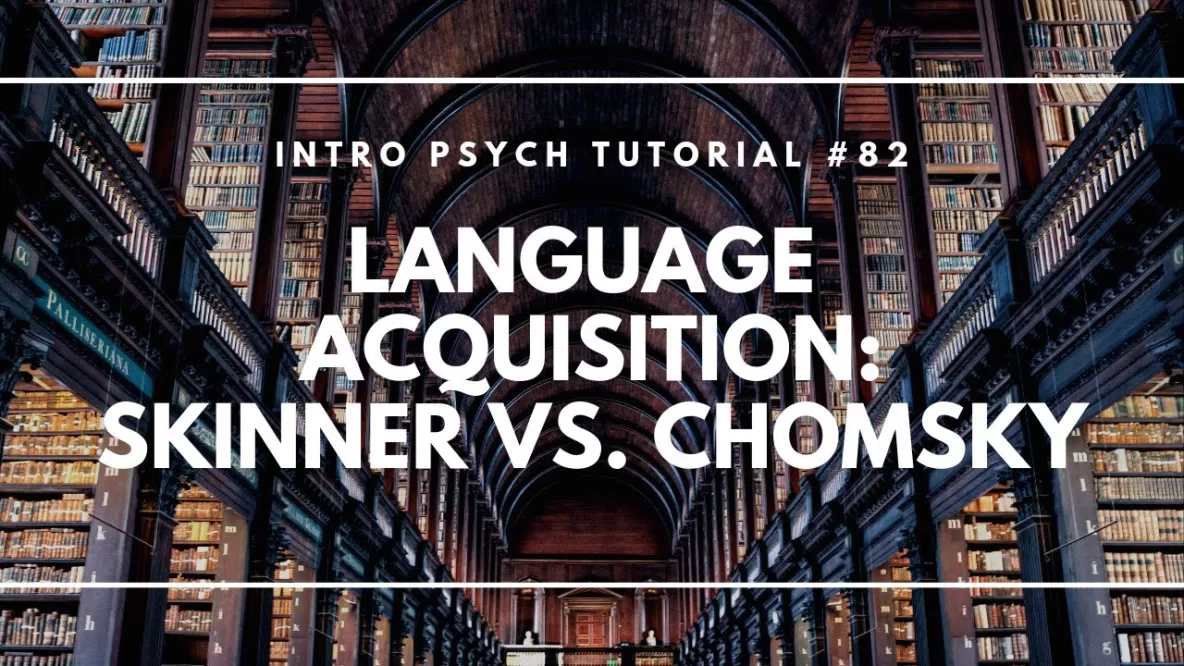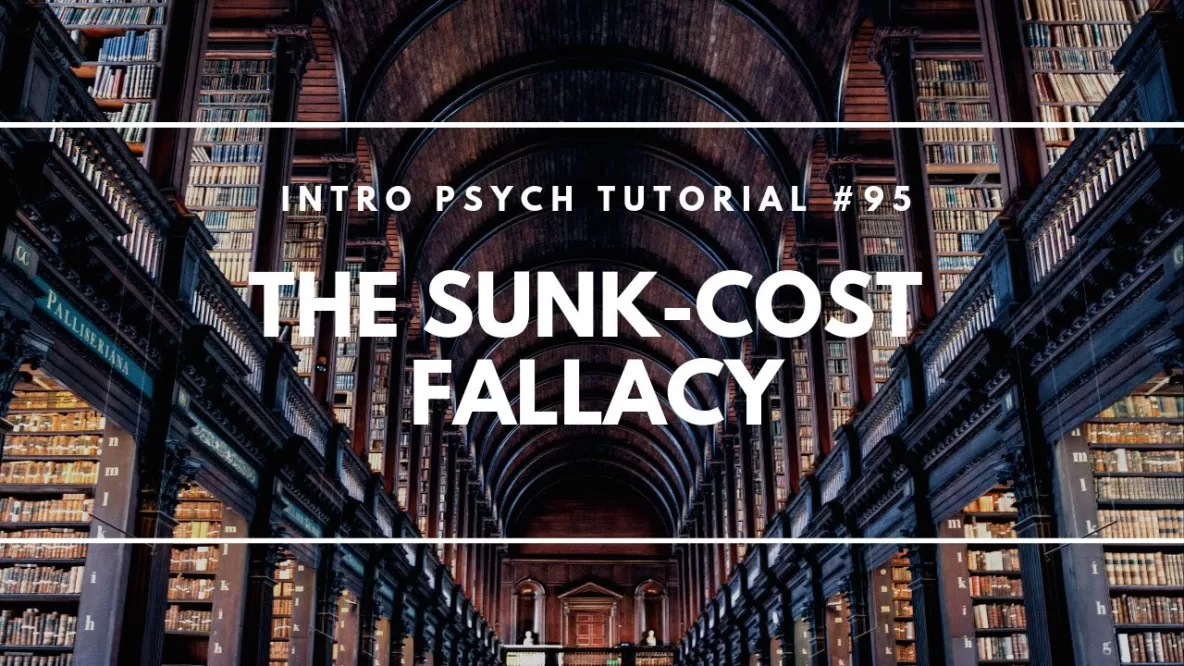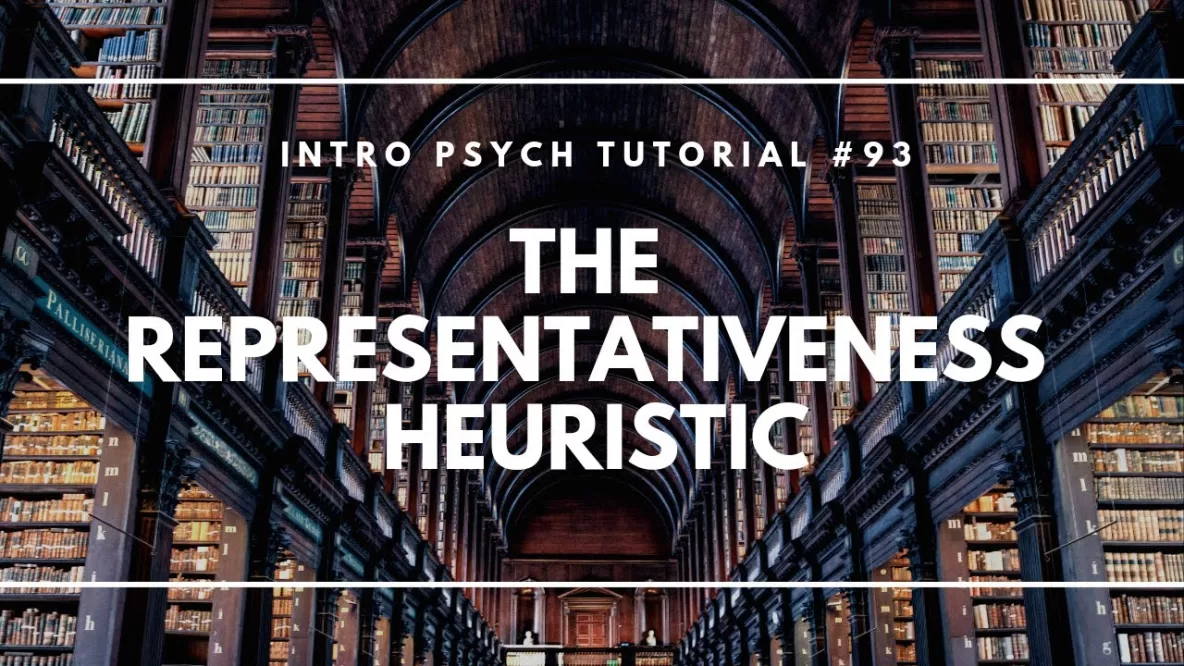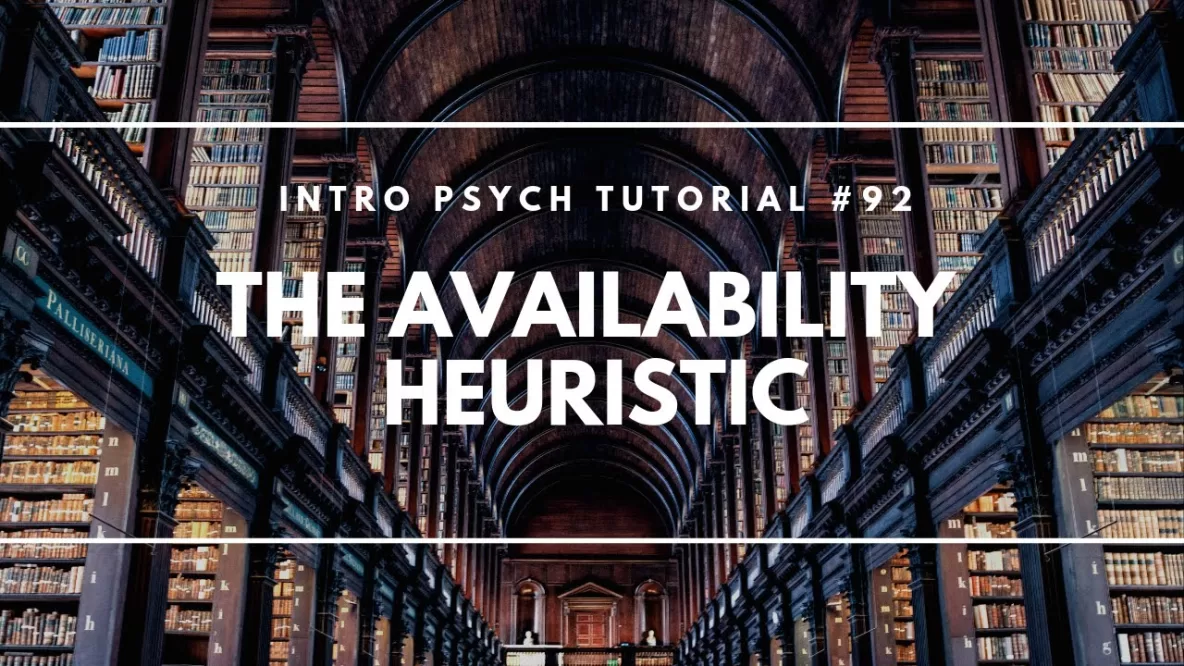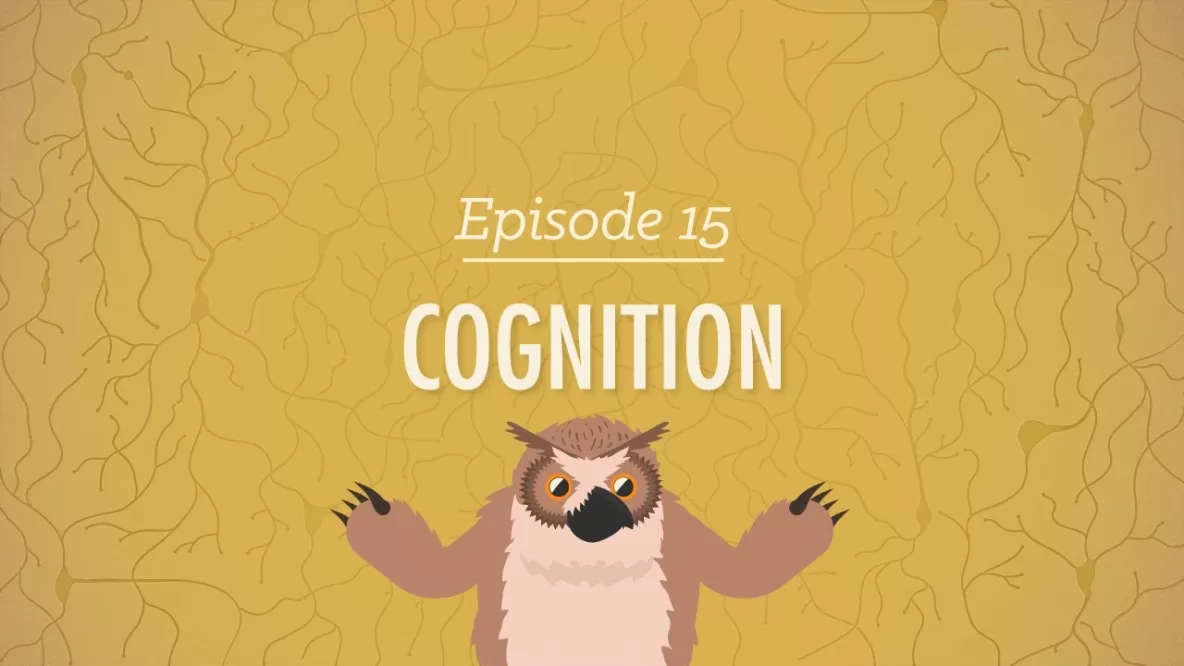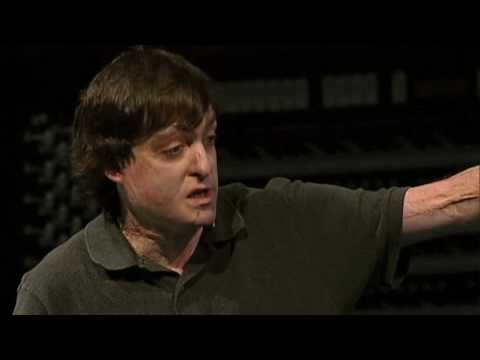Here’s a knowledge organizer I’ve created of the most essential concepts for language & cognition in an introductory psychology course. These knowledge organizers are designed to help you identify the most important factual knowledge you need to have in order … Read More
The Sunk-Cost Fallacy
In this video I introduce the sunk-cost fallacy, which is when we make present decisions based on previous investments which aren’t relevant. This fallacy can occur in the form of gamblers or investors who make increasingly risky decisions in order … Read More
The Representativeness Heuristic
In this video I describe another heuristic identified by the work of Amos Tversky and Daniel Kahneman. The representativeness heuristic is a shortcut that we use when attempting to estimate the odds of something being true, such as whether an … Read More
The Availability Heuristic
In this video I provide an introduction to behavioral economics and the work of Amos Tversky and Daniel Kahneman by describing a heuristic we use when attempting to assess the frequency of events. The availability heuristic is a shortcut that … Read More
What is the Availability Heuristic?
In their first study of the availability heuristic, Tversky and Kahneman asked participants to estimate whether English had more words that started with the letter K or more words that had K as the third letter. What do you think? … Read More
Language, Thought, & Cognition Resources
On this page you’ll find a number of resources for understanding the key concepts of linguistics, cognition, and thought, including language acquisition, problem-solving, and decision-making. If I’ve missed a good resource, please share it in the comments section! General Resources … Read More
Dan Ariely on “Decision Illusions”
In this TEDtalk, behavioral economist Dan Ariely begins by describing visual illusions as a metaphor for understanding the “decision illusions” that we make. He notes that we are exceptionally good at vision (and get lots of practice) but not so … Read More

